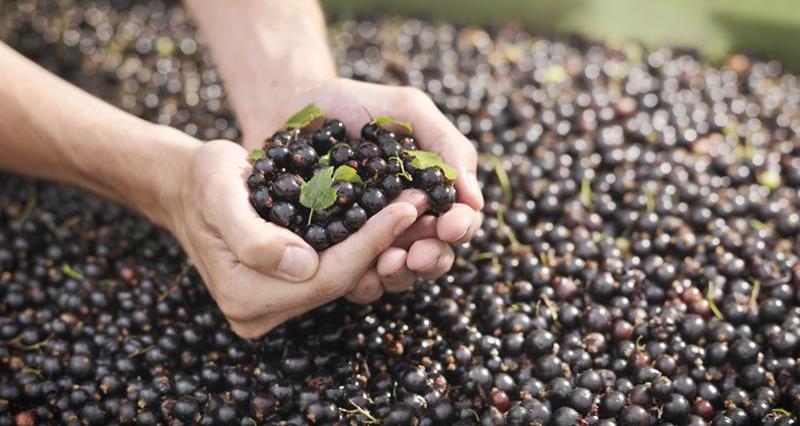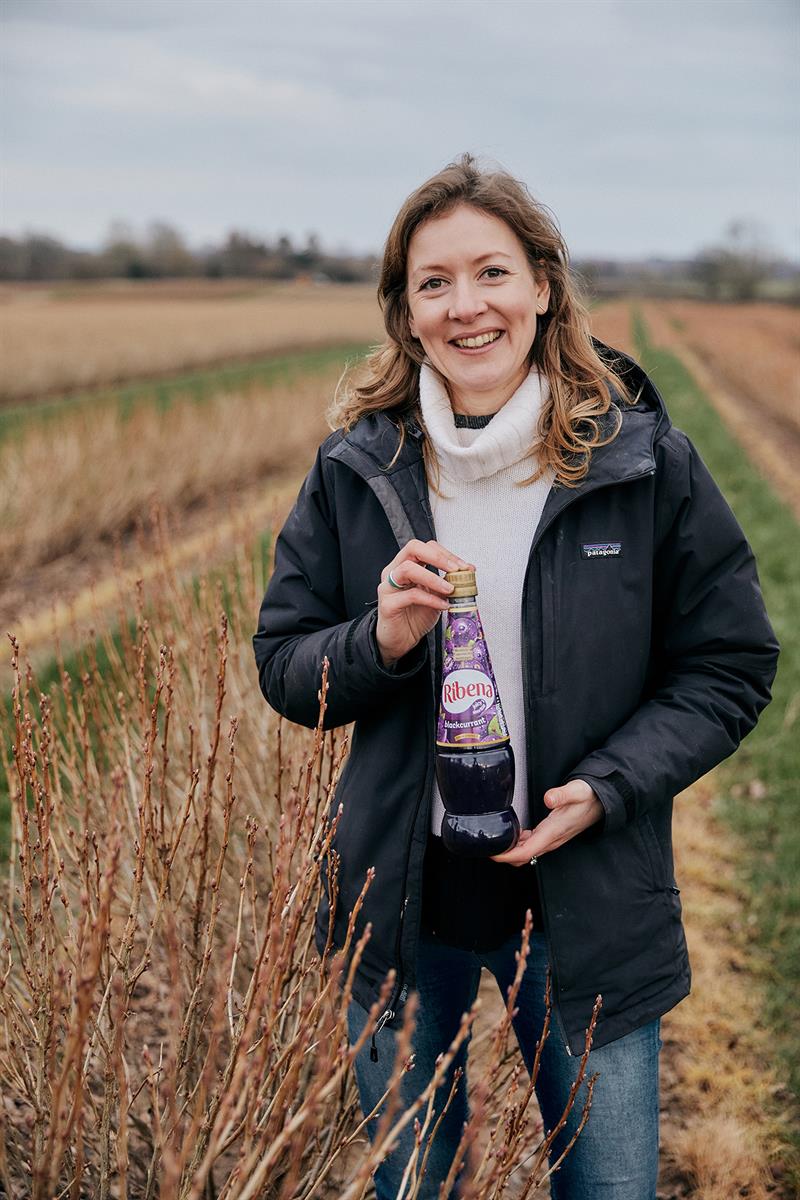Rosie is one of 35 British blackcurrant farmers growing blackcurrants for The Blackcurrant Foundation, but unlike many of her peers, Rosie has only been growing blackcurrants for the past two years and did not set out for a career in agriculture or the passion she has found for this great British superfruit. This season, Rosie has been busy establishing her Whole Farm Conservation plan, trialing new growing techniques and preparing for her first ever harvest.
Blackcurrant fact file

- The blackcurrant harvest will typically take place from the first week of July and continue to mid-August
- All varieties of British blackcurrants are named after Scottish mountains
- Our growers install at least 1 nest box per hectare of blackcurrants to support UK bats, birds and owls
- The blackcurrant season is very short usually starting in July and ending in early August
- Blackcurrants provide a high amount of calcium that strengthens bone and teeth
- Blackcurrants provide a high amount of Vitamin A which helps with our eye vision
- Blackcurrants can help reduce the build up of lactic acid in the blood after exercise
Rosie’s family farm has a long history of blackcurrant growing as one of the original suppliers for Ribena over 60 years ago. Fresh eyes bring a fresh approach and Rosie, like many new to farming, is looking at new ways of doing things. Driven by a passion for sustainability and modern farming techniques, Rosie's goal is not only to produce the highest quality British blackcurrants but to operate a whole farm conservation plan.
Dedicated to creating the most habitable environment for wildlife on her Norfolk farm, Rosie is looking to transform the majority of the farm's arable land into winter bird food, flower-rich plots and other options to improve soil health and provide habitat and food resources for pollinators, small mammals and birds. She is also keenly developing habitats to encourage the Turtle Dove population in the Wensum Valley.

Ribena - the nation's much loved blackcurrant drink
As a member of the Blackcurrant Foundation, Rosie works closely with Ribena to grow crops in line with their Six Point Plan, a plan designed to help protect the natural environment and encourage biodiversity on blackcurrant farms.
Did you know?
- Ribena is made from a unique blend of 10 different blackcurrants which are bred with the support of the James Hutton Institute
- Each year, growers produce around 10,000 tonnes of blackcurrants for Ribena
- Over 90% of the blackcurrant crop go into making Ribena
- Only specially grown British blackcurrant varieties go into Ribena to make it one of the nations favourite tastes
